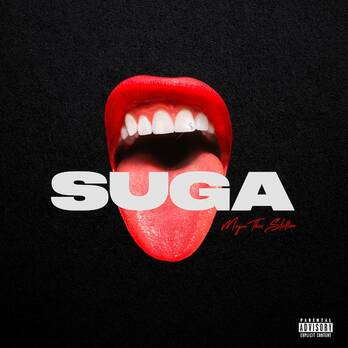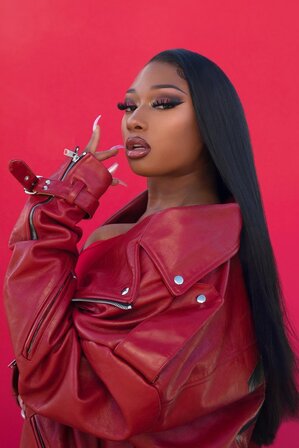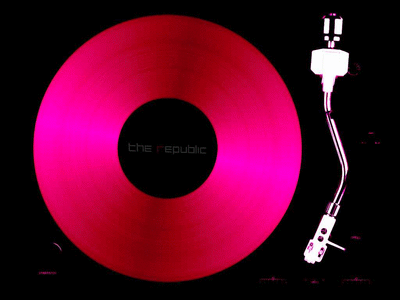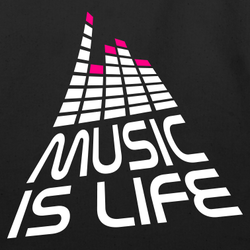
Overall: Not a promising sign that depth and variation in subject matter and musical style is on the way.
Burgeoning artists wait with bated breath for their 'breakout' year, and that was 2019 for Houston rapper Megan Thee Stallion. People were taken with the tenacious confidence that fueled her fiery, unabashedly sexual, and often amusing rhymes. She especially found favor with some for talking about men in the same dismissive manner women are discussed in hip-hop/rap. Her energy is intriguingly equal parts commanding and congenial, drawing listeners further in. Her likability factor is the kind that easily spurs viral hashtags and challenges on social media (ex. #HotGirlSummer and the current #SavageChallenge).
That isn’t to say her metal doesn’t need polishing though. Some followers desired to hear vulnerability; a request Megan repeatedly vowed to fulfill with her upcoming debut album (as of now, there are only mixtapes and EPs). A creative weakness that I’ve observed is topical and musical redundancy. There’s a lot riding on a first LP for any artist, much less one with a preliminary mainstream fan-base that has expectations.
To hold eager and inquiring minds over, Megan released Suga, yet another EP. It’s also a presumed retort against 1501 Certified Entertainment, a label she’s in a dispute with. It consists of songs she recorded while working on the album. It’s named after one of her three ‘alter-egos.’ On wax, there’s no discernible difference between the ‘personalities.’ This makes the mention of them useless and annoying, but that’s a rant for another day.
If the Suga EP is an appetizer, the main course of a full length project may only be mildly satisfying. Lyrically, Megan mostly sticks to what’s made her popular so far. She tries to respond to pleas for depth and content diversity, but just goes slightly beneath the surface. You get the sense that she’s not totally comfortable with it yet. The unconvincing and awkward “What I Need” is proof of that. It’s no wonder it was shoved to the end of the tracklist, as it contradicts Megan’s detached attitude about romantic relationships on previous songs. Further, it’s conceding and self-deprecating. She begs for the forgiveness of a love interest, and frames herself as erratic and emotionally unstable.
 Ruby is red hot (New York Times)
Ruby is red hot (New York Times) Unsurprisingly, Megan is more believable when expressing frustration and detailing her aspirations. On “Ain’t Equal” and “Savage,” she’s talks about being disinterested in rap rivalries, and how she’s fatigued with those who fancy themselves her adversaries. She also shoots off about men who’ve sought to dictate her life and career. “Stop Playing” and “Crying in the Car” note her disenchantment with pretentious figures, and former friends accusing her of changing post-fame. She hopes to stay focused on work to cope, and wants to progress. A less guarded and simplistic exploration of these matters (and then some) may provide the type of ‘peeling back of layers’ people are looking for. This reminds me: it seems Megan’s freestyles are more pointed and impressively sketched.
On the music page, there’s still a lot of generic, bass-heavy rhythms that sound like they’re from a preloaded software kit. The G-Funk-esque “Hit My Phone” is a refreshing moment (sidebar: it makes me think of Snoop Dogg’s “Let’s Get Blown” too). Suga’s producers include J. White Did It, Helluva, The Neptunes and Timbaland. The latter two are known for being inventive, so it’s a little nonplussing that the EP didn’t have brighter spots.
Suga is catchy at times, but it isn’t heartening evidence there’s more artistically to Megan Thee Stallion than what meets the ear.


 RSS Feed
RSS Feed